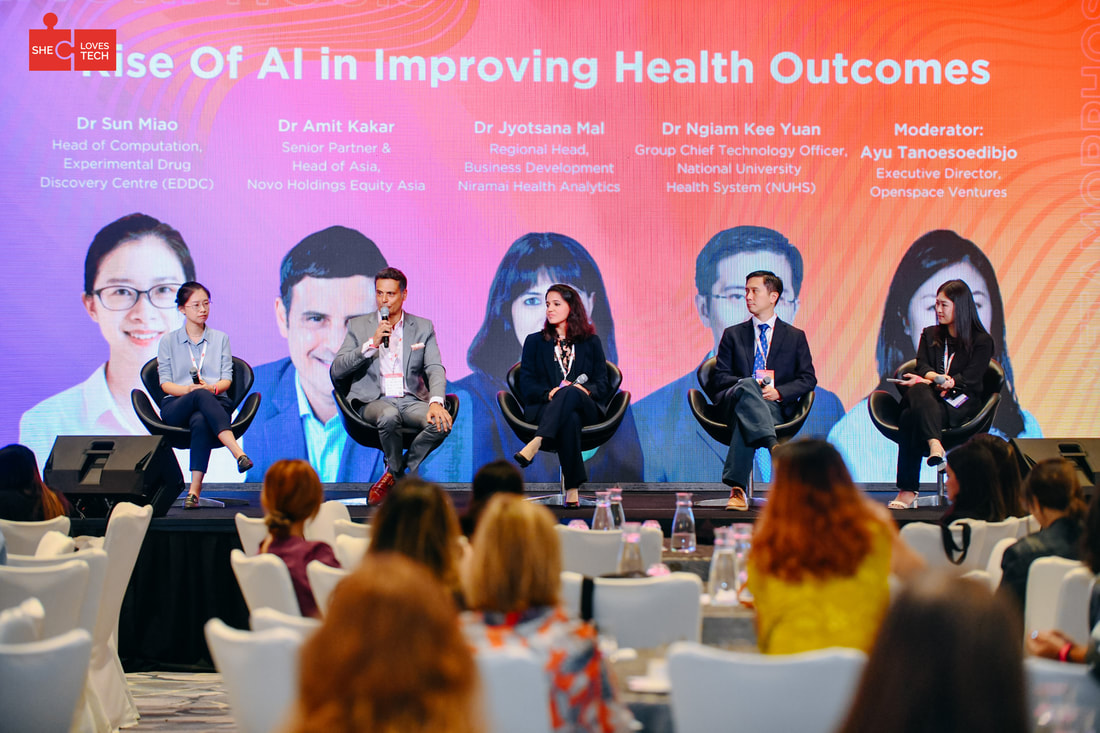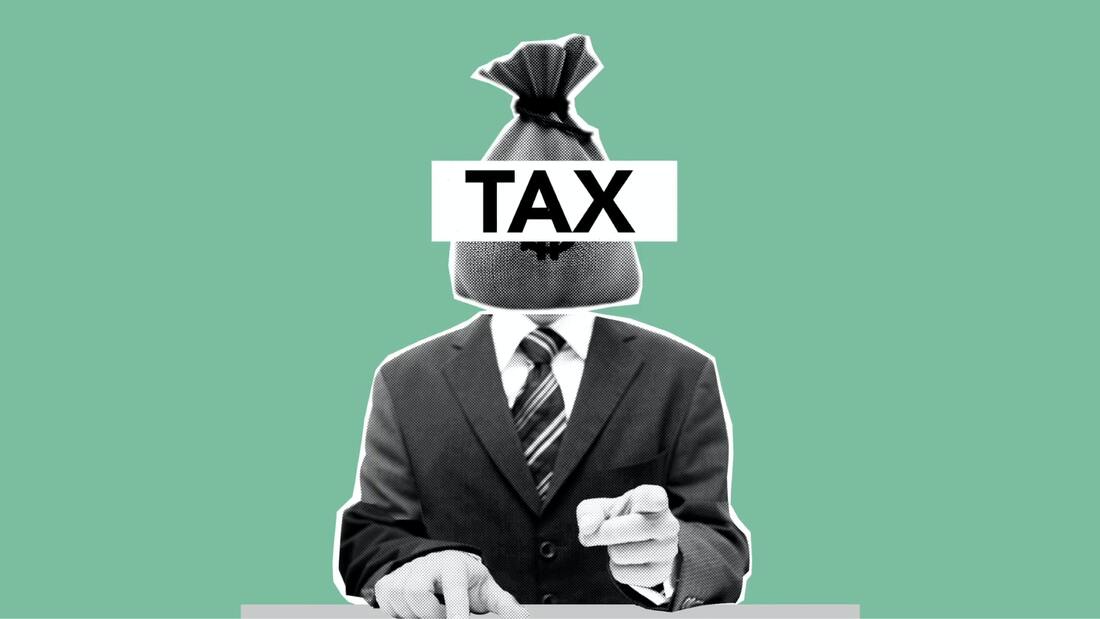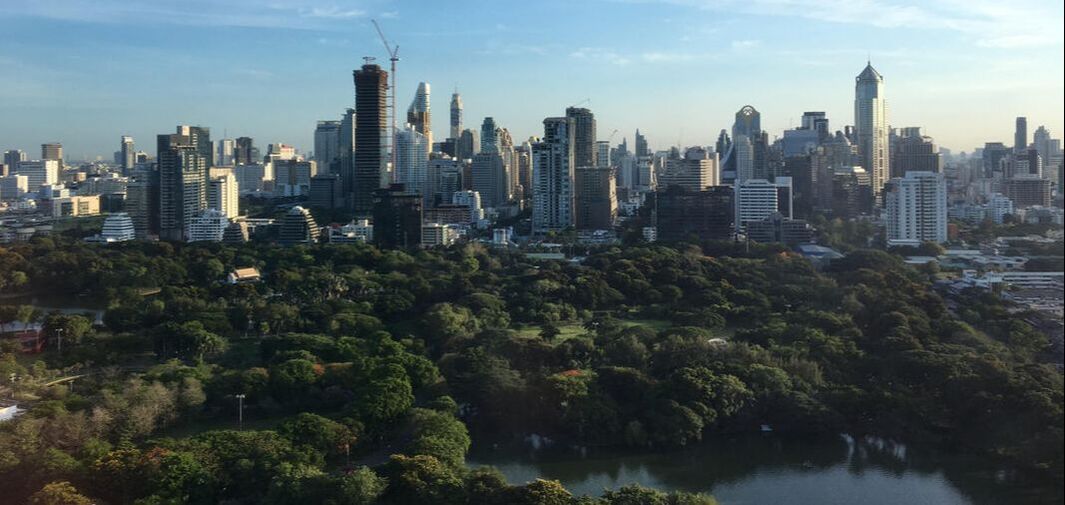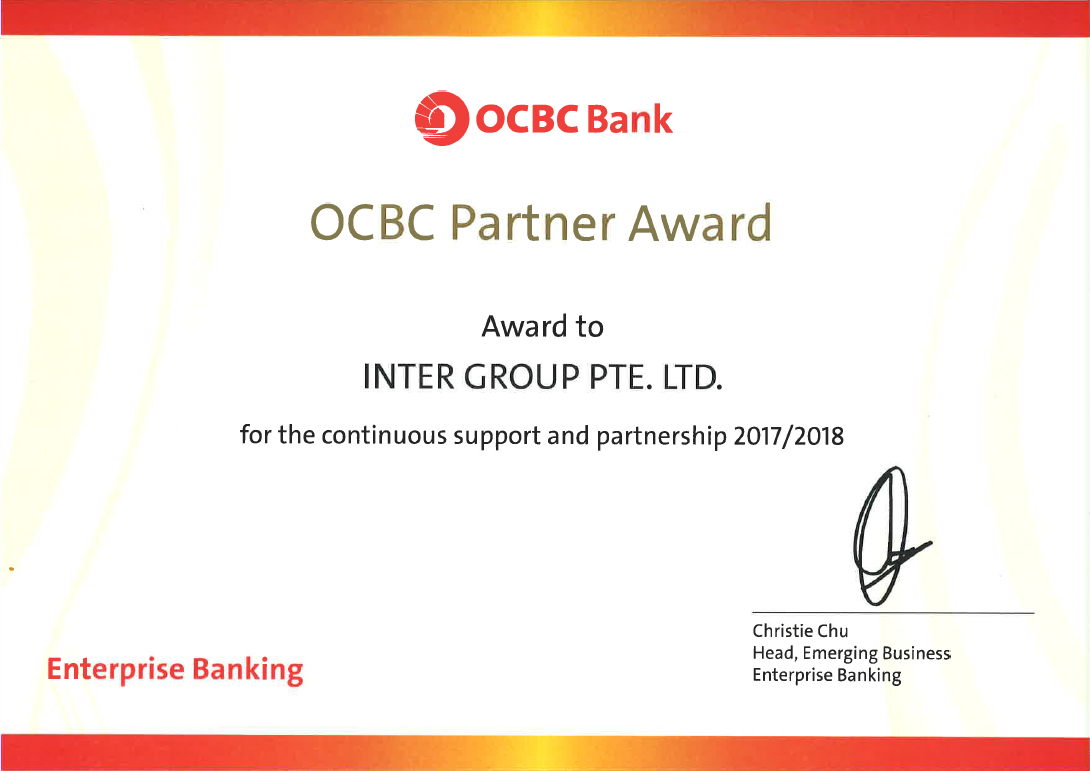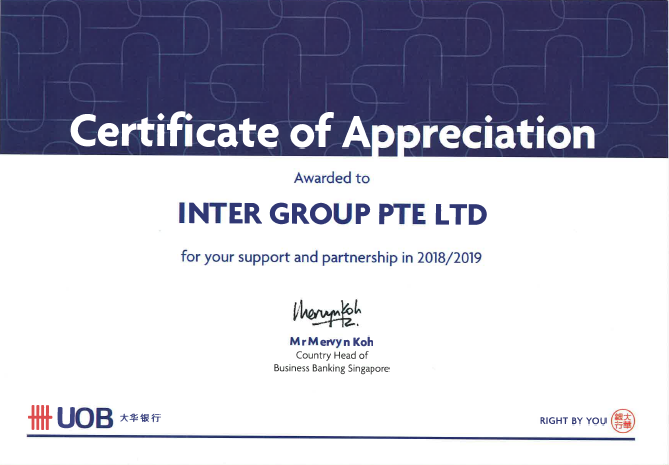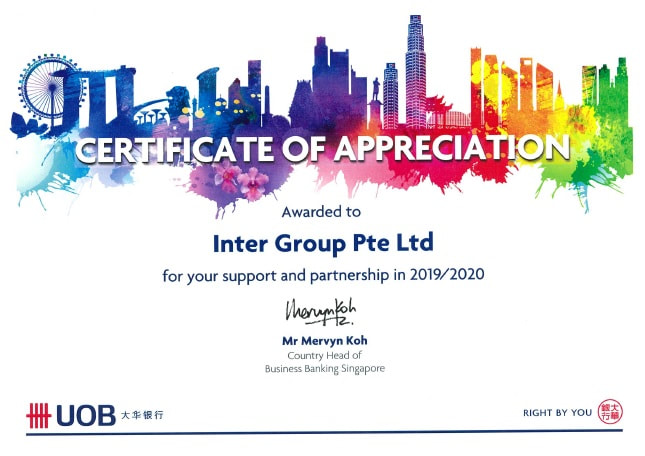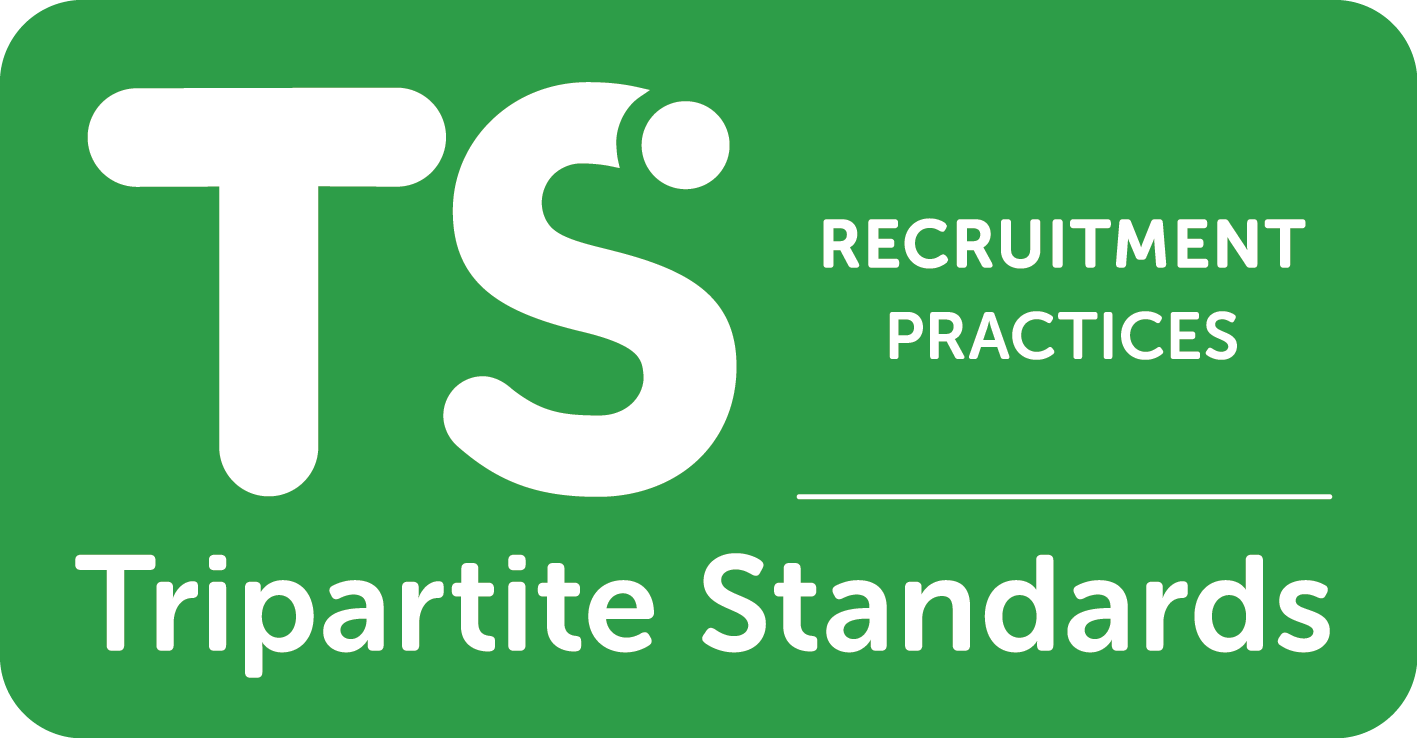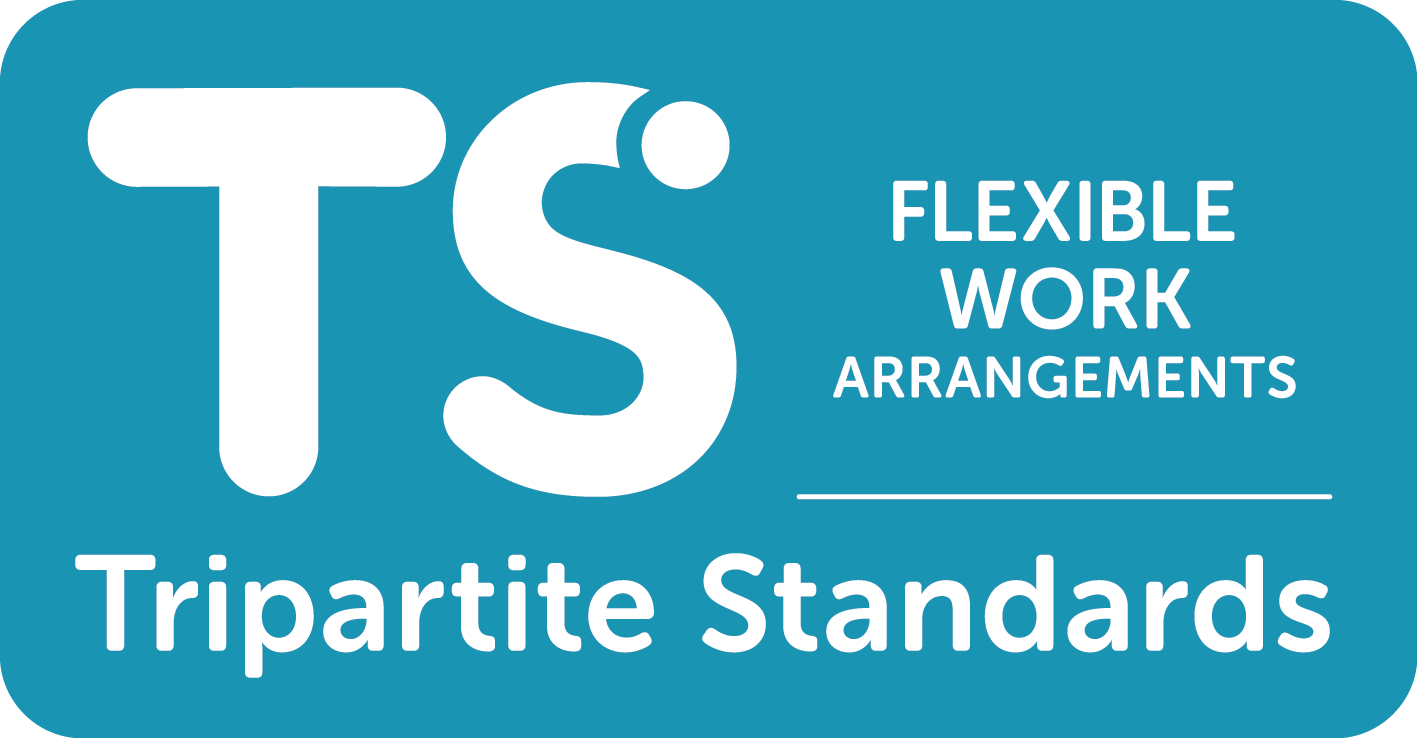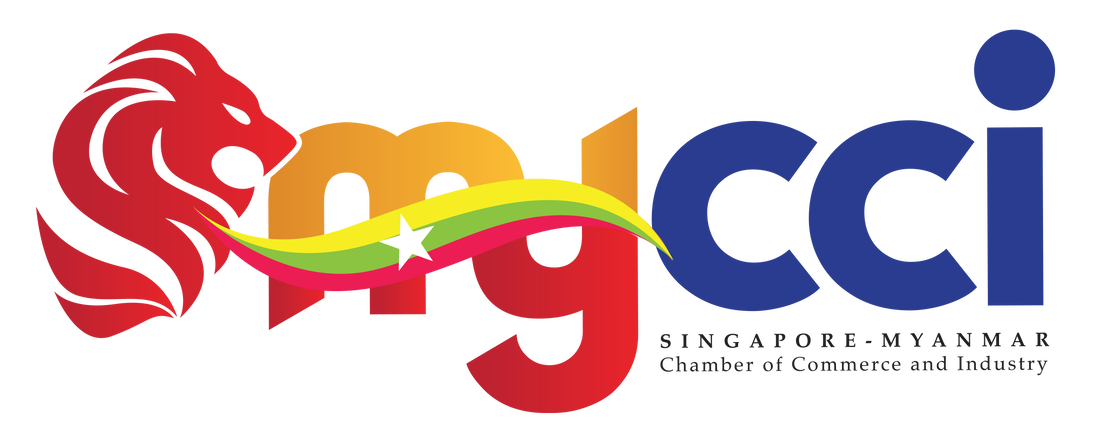Author: Ashley Hade
Business Development Executive, Inter Group
She Loves Tech is a conference that brings together women and individuals from all backgrounds who are interested in technology, business, innovation, and how women play a role in all of these.
It’s currently the largest conference for women and tech. Its schedule spans 2 days with an agenda packed full of speakers, workshops, networking, and more.
This year the conference was held on October 26th and 27th at the Fairmont Hotel in Singapore, culminating in the She Loves Tech Startup Competition Finals where finalists presented their demo to attendees and a winner was selected. The startup competition is also the largest one of its kind for acceleration of women and tech.
I will be reviewing my experience at this conference as well as providing insights from the talks and workshops.
On the first day, I attended two Entrepreneurship Workshops which focused on identifying your mindset and branding.
The Entrepreneurial Mindset
To survive as an entrepreneur is not easy. There will be many hurdles and failures along the way, which is why it’s important to have a clear goal in mind before you begin your journey. Your end goal will be set; it is your journey there that will change. A clear end goal will provide motivation and direction when things get difficult.
There are various types of mindsets that an entrepreneur should have, each with their own unique outlooks and positive qualities: a compass mindset, a beginner’s mindset, a growth mindset, and a giving mindset. All of these have one thing in common needed to make entrepreneurship work: self-awareness.
A compass mindset: clarity, knowing your values, committment
A beginner’s mindset: learnability, positioning skill in new context, identifying core skill, showcasing experiences
A growth mindset: improvement through effort, resilience, adaptability, flexibility
A giving mindset: bringing value to others, creating for purpose, sharing openly
(If you’re interested in learning about what your personality archetype is, check out the Principles You test by Ray Dalio, which is a comprehensive questionnaire that will assess your characteristics and provide you with a primary and secondary archetype.)
Once you’ve established a clear goal, identified your personality type, and focused on mindset, you need to find your flow. Your flow should feel effortless, like water flowing in a river. Your flow is what allows you to be so involved in something that nothing else matters and time falls away.
There are 7 conditions to obtaining flow.
- Knowing what to do
- Knowing how to do it
- Knowing how well you’re doing
- Knowing where to go
- Perceiving significant skills
- Perceiving significant challenges
- Being free of distractions (See Nir Eyal’s insights)
At the end of the day, you can’t do everything by yourself. You are not your company. And it’s always good to bring in fresh perspective to help solve issues, brainstorm ideas, and fill missing skill gaps. It’s also a good idea to have both masculine and feminine energies to each provide their own skills to balance each other out. Mistakes do not put your self-worth at risk – enjoy learning from these mistakes and look forward to doing a better job.
Personal Branding
“Remove the mask.” In today’s world, it’s easy to wear a mask, especially on social media. But you are not your mask. You need to be your authentic self to lessen the strain and stress that being inauthentic places on you and to connect more easily with those that matter to you and your business.
“Those who mind don’t matter and those who matter don’t mind.” - Dr. Seuss
Personal branding is communicating naturally all the time how you truly see yourself to people you love to be around. It is a culmination of the experiences, skills, and values that differentiate you from others.
There is only one you. You are what makes your brand, your business unique. Authenticity is powerful – the goal is not to impress, but to express.
Business Branding
Give your why context – why are you doing this?
There are 5 stages to achieving successful business branding:
- Cause
- Personality
- Values
- Look
- Communication
- Cause
- What sets your heart on fire?
- Beyond personal concerns – bringing value to others
- Personality
- Clear story
- Standing out
- Identify brand archetype to help
- Values
- Identify 3-5 deeply felt values
- Look
- Visual style
- Needs to be consistent
- Communication
- If you are quiet, you are unknown
- You need to be out there in ways you enjoy
- Remember your cause and values
Identify what problem your audience has that they know they have, that they have willingness to pay for, and the ability to pay for. All 3 of these are necessary to successfully convert.
- Most distractions start from within. When they occur- note the sensation.
- Schedule your days or they will schedule you. Plan your time, not your output.
- Get rid of low-value work and spend less time messaging.
- Ask yourself: “Is this trigger serving me?”
- Use tech to block out tech – apps to help set time limits on social media or restrict access to your phone while you’re trying to focus. You can also study with others, in real life or virtually, who need to concentrate. This provides you with a “social pact” to maintain.
For any behavior to occur, we need motivation, ability, and a trigger.
Motivation – energy for action
Seeking pleasure, hope, acceptance // Avoiding pain, fear, rejection
Ability – capacity to do a particular action
Time, money, physical effort, brain cycles, social deviance, non-routine
The effect of motivation and ability on whether an action will occur is positive – meaning the higher motivation and ability, the more likely you are to do an action.
Our reward system activates with anticipation and calms when we get what we want. “The itch we seek to scratch.”
The unknown is fascinating – variability causes us to focus and engage and increases behavior.
3 types of rewards for variability:
- Tribe – search for social reward (empathy, partnership, competition)
- Hunt – search for resources (material, information)
- Self – search for self-achievement (mastery, competency, consistency, completion)
Mindfulness & Sleep
Getting sleep is very important. It’s when our brains are storing information we have learned throughout the day and making sense of it. It allows us to reset properly and feel energized the next day. However, many adults struggle to get proper sleep. Both internal factors and external factors play a role in sleep disruption.
The main internal factor is anxiety and stress. We worry about what we haven’t completed or addressed, we worry about the future, and we stress about events of the day.
External factors include scrolling on our phones, answering emails or working, and watching TV. Not only do these activities distract us from how we are feeling and from sleeping, but the light also impacts our melatonin levels which in turn keeps us up longer.
Throughout the day, it’s good to take a few mindful minutes to ourselves to relax and take note of how we are feeling. Try to focus your mind using guided meditation or mindfulness audios. Your mind will wander. Take note of where it is wandering to- what is causing you to worry or stress? Do you have any physical symptoms that you’ve been avoiding? Focus on your breathing and remaining non-judgmental of yourself and your feelings.
Once you’ve finished your mindfulness exercise, think about how you can work on alleviating any worries or pains. Focus on what you can control. Don’t avoid stressors as they tend to resurface at night when you’re trying to sleep.
Lastly, your brain does not have a simple off switch. It needs time to wind down before relaxing and entering into a time of rest. Allow yourself to time to relax, away from devices, before attempting to sleep.
When you are well-rested, you will not fall asleep during the day. (unless you have a medical condition) Even if you are bored, you will not fall asleep or take a nap.
Startup Finalists
The SLT competition finalists were amazing and pitched their companies to attendees and a panel of judges as the final stage. All competitors must offer a tech service or product and be related to women – either a female founder, have a majority female audience, or solve an issue that primarily impacts women.
There were 10 finalists who presented, including:
FOBOH, WomenX Biotech, Vaas, Bairitone Health, Aprisium, The Coring Company, Rayo, Macromo, Oze, and Silo Team
The winners are:
1st: Aprisium – on-site contamination detection and monitoring
2nd: The Coring Company – mining waste software and hardware solution
3rd: Rayo – accessibility browser app and insights
The key takeaways from the workshops and presentations I attended include understanding how technology integrates into nearly all aspects of our lives and businesses. It will continue to innovate and change which means we need to keep up with it to stay relevant. Additionally, women will play a key role in finding solutions to existing issues that are plaguing our society. They are needed, especially in the tech industry, to bring that fresh perspective and skill.
Information and photos are courtesy of the She Loves Tech Conference and its presenters, including Harasha Bafana, Liam McCarten, Puja Bharwani, Nir Eyal, Eric Lim, and Julian Lim.

